Discovery Institute's Blog, page 130
September 17, 2015
Listen: Behind-the-Scenes of Living Waters with Captain Dave Anderson
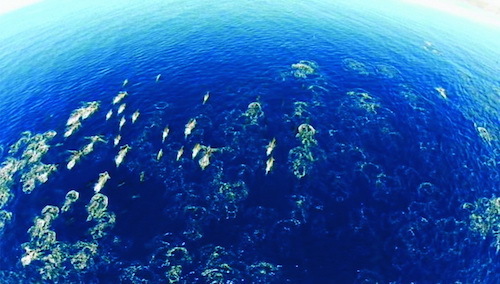
On a new episode of ID the Future, Casey Luskin interviews Captain Dave Anderson, filmmaker and owner of Captain Dave's Dolphin and Whale Safari, who was involved in the production of Illustra Media's new documentary, Living Waters: Intelligent Design in the Oceans of the Earth.

Anderson gives a fascinating discussion of filming using drones, the animal-welfare movement focused on whale disentanglement, and the importance of nature documentaries that explore design. Captain Dave runs his b...
September 16, 2015
Understatement? Physicist Finds "Cognitive Awareness," as a Product of Evolution, "Almost Surprising"

Dartmouth theoretical physicist Marcelo Gleiser has an interesting commentary up at NPR ("Moving from Creation of the Cosmos to Human Life"). He offers the distinction between four separate epic "ages" of cosmic evolution. While these are not firmly bounded and separate from each other, it's still a neat way of conceptualizing what went to into the production of intelligent, conscious carbon-based life forms.
The first age is the "physical," followed by the "chemical," the "biological," and...
Devolution: A Belgian Mother Is Euthanized for Grief

The Belgian euthanasia juggernaut continues to cut a terrible swath. Now, a woman was euthanized shortly after she learned her daughter was dead. From the news.com.au story:
Five minutes after Simona de Moor heard her daughter had died from a heart attack, she decided she wanted to end her life, too. The 85-year-old mother, who was considered healthy by doctors and was not taking any medication, made arrangements to be quietly put to death.
What is really astonishing to me is that a journali...
Intelligent Design in Action: Optimization

In the past we've discussed several sciences that rely on principles of intelligent design: among them, archaeology, forensics, cryptology, informatics, SETI and SEETI, and more. Now a paper describing a remarkable achievement offers the opportunity to explore another: optimization. The paper by University of Washington machine-learning researchers Abram Friesen and Pedro Domingos is well described in a UW news item. Jennifer Langston defines optimization and tells how useful the field is.
T...
September 15, 2015
Listen: More from Evolutionary Biologist Richard Sternberg on the Problem of Whale Origins
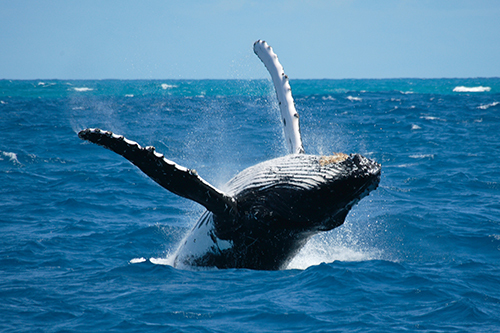
On this second episode of ID the Future, Casey Luskin interviews Dr. Richard Sternberg, evolutionary biologist and CSC Senior Fellow, whose discussion of whale origins is featured in Illustra Media's new documentary, Living Waters: Intelligent Design in the Oceans of the Earth.

Sternberg critiques conventional accounts of whale evolution, noting that neither natural selection nor neutral drift can explain the transition between a land mammal and a fully aquatic whale. Standard evolutionary...
Listen: Evolutionary Biologist Richard Sternberg on the Problem of Whale Origins Part Two

On this second episode of ID the Future, Casey Luskin interviews Dr. Richard Sternberg, evolutionary biologist and CSC Senior Fellow, whose discussion of whale origins is featured in Illustra Media's new documentary, Living Waters: Intelligent Design in the Oceans of the Earth.

Sternberg critiques conventional accounts of whale evolution, noting that both natural selection and neutral drift cannot explain the transition between a land mammal and a fully aquatic whale. Standard evolutionar...
Natural Genetic Engineering? Natural Popcorn? Or Something More Important?

It is just not Darwin's world any more. Life forms share genes, irrespective of ancestry, pick up traits during their lifetimes that they pass on, can lose key functions and then get them back later, and treat their genomes like projects under construction.
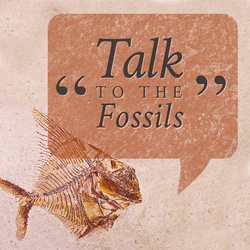 It is certainly not the world anyone expected to find when we first started mapping genomes. The scientist best known for pulling together some ideas around natural genetic engineering is bacterial geneticist James Shapiro, author of Evol...
It is certainly not the world anyone expected to find when we first started mapping genomes. The scientist best known for pulling together some ideas around natural genetic engineering is bacterial geneticist James Shapiro, author of Evol...
September 14, 2015
The Human Side of Trophy Hunting

I am no fan of trophy hunting. But the recent hysteria that has seen bans instituted in a few African countries is causing real harm to humans.
That is the gist of the (surprising) New York Times story about how a hunting ban in Botswana has hurt villagers in their pocketbooks and threatened their safety. From the story:
Since Botswana banned trophy hunting two years ago, remote communities like Sankuyo have been at the mercy of growing numbers of wild animals that are hurting livelihoods a...
Rare Earth Redux: Design Inference, Anyone?
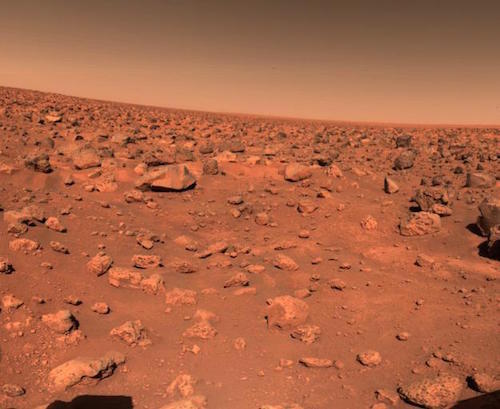
Something else that is special about planet Earth has been noted: its mineral content, compared to other planets. Robert Hazen, an origin-of-life researcher at the Carnegie Institute, states in an article posted by NASA's Astrobiology Magazine that Earth's mineral abundances may be unique in the cosmos. There were only a dozen or so minerals present at the birth of our solar system, he argues, but there are about 5,000 types today. Most of these, he says, can be "linked directly or indirectl...
September 13, 2015
Homo naledi as Spin Detector
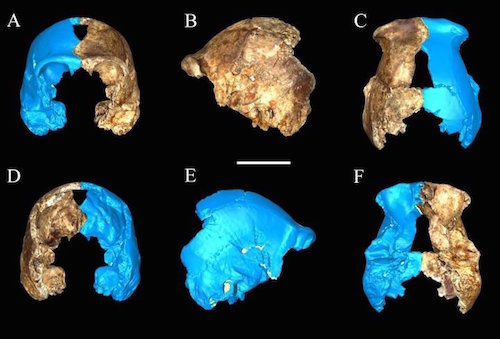
You have probably seen the headlines. Numerous fossils of a new species of hominin have been found in a nearly inaccessible cave in South Africa. Intriguingly, the fossils appear to be part of a very large deposit of bones, apparently left there deliberately by their own kind. Also intriguingly, the skeletons of these individuals may have some traits that are Homo (human-like) and some that are australopithicine (more ape-like). To add further to the mystery, these fossils may be anywhere fr...
Discovery Institute's Blog
- Discovery Institute's profile
- 15 followers



